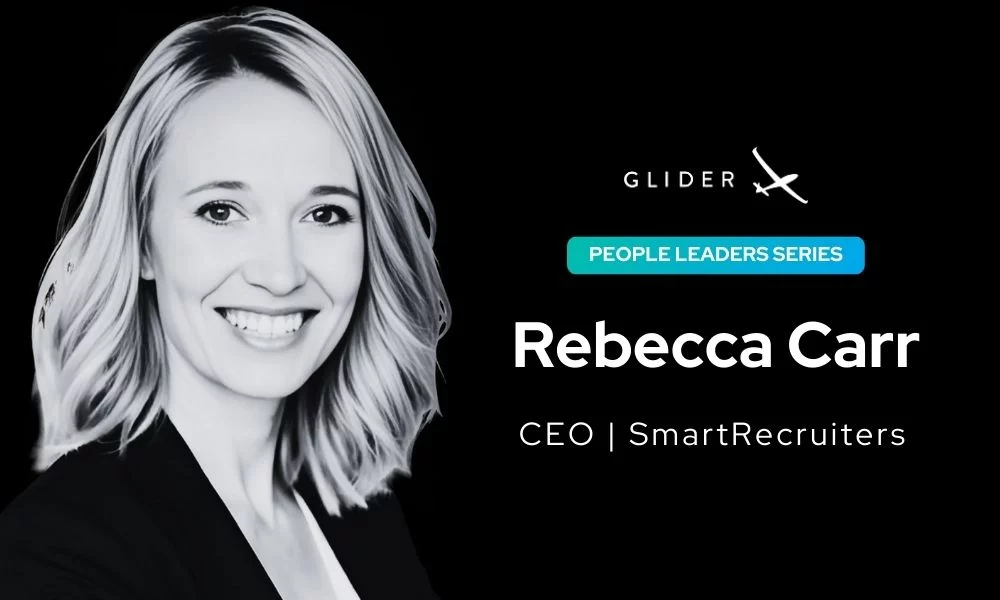“I do.”
As a recruiter, nothing is sweeter than hearing a yes from your dream candidate. The dream candidate has got everything right for you; the promise of high performance, a double-ply soft tissue to sweep after last mis-hire costs, and of course high human capital productivity that is directly proportional to organization’s financial results.
It is no rocket-science that some employees bring better results to the table than the others. But what is only a little less than rocket-science is how to get them to work for your organization. Here are some bursts of rocket fuel to help you hear the most awaited, “I do.”
- Asking the right questions. Most candidates use short-term information to make long-term decisions. However, to attract high caliber talent, it is important to understand the key attributes that motivate and inspire them to invest their faith in your organization. When you strike the first conversation with a potential candidate, don’t inquire about their interest in a particular job opening at your organization, rather ask if they will be open to an exploratory conversation.
- Don’t close a req but close on a relationship. While a typical recruiter might be busy checking boxes on a job requisition during that first phone conversation, a smart recruiter will avoid talking too much about the specific job. Use the information you already have about the candidate and try helping them with a discussion if the job would be a good career move for them. Engage with the talent to build a relationship.
- Work on beautiful job descriptions. Rather than putting out boilerplate content in your job ads, work on including creative, curious and question-based vivid job descriptions. Your choice of words will determine the audience it will attract. Vivid job descriptions always win over vague job descriptions. Ensuring the right kind of talent flocking to your jobs, this exercise gives you added clarity about the requirement and improves your decision making at the same time.
- This is so passe. Steer away from generic competency based questions. Competency interviews fail because responses to typical competency questions can be coached to candidates. Overselling or lying during the interview process to claim more passion than exists is relatively common. Rather ask questions that show or evoke initiative.
- Same feather. Top performers prefer working for a company if they see an alignment between their personal values and the company’s corporate values. Hence, it becomes important for recruiters to clearly state and promote the organizational values. Promoting the company values will help to attract like-minded individuals and will increase the likelihood of finding the right match.
- Performance vs. Potential. Performance as well as potential are key to a dream candidate. However, while making a recruiting call, performance should count for a lot more than potential. Performance is far more measurable and objective. Potential is very subjective and hard to measure and detect.
- Emotional intelligence. Assessment of a candidate’s emotional intelligence (EI) along with their intellectual capability is the new winning combination in hiring. Research shows that an IQ assessment doesn’t predict job success nearly as accurately when used alone as it does when combined with assessments of the cognitive and social abilities that comprise someone’s emotional intelligence.
- Top beckons the top. Psychologically speaking, middle or bottom tier performers cannot always identify top performers. Even if they do, they may feel threatened by them. Average performers look for congeniality or conformity. They won’t look for someone who seems likely to raise the bar or make them look bad. Stating the obvious, always make top performers conduct the interviews.
Now go launch. Happy hiring.



